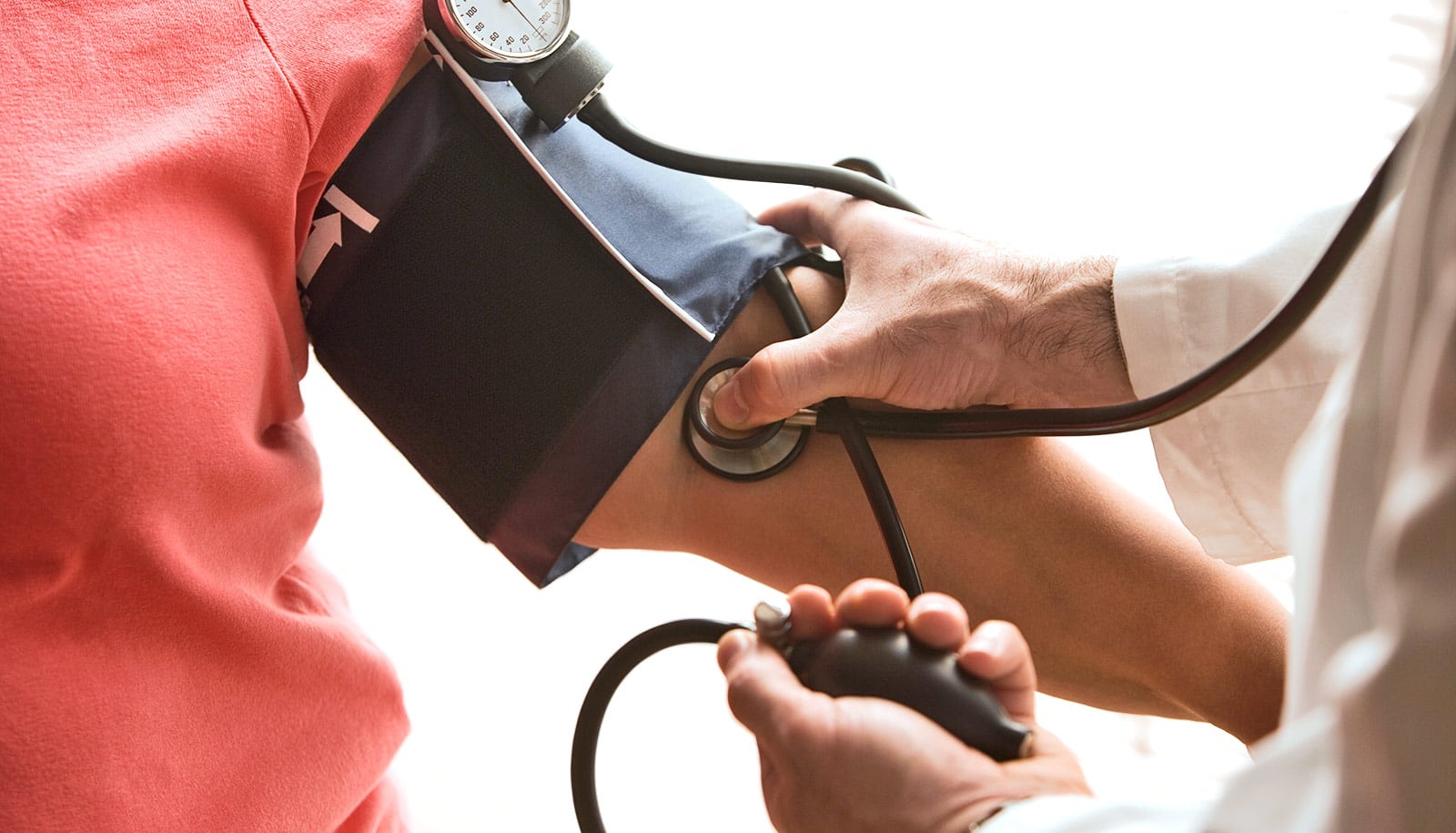Women who experience more than one episode of gestational diabetes or gestational hypertension have double or even triple the risk of heart attack or stroke, a study finds.
“Women who have had even one occurrence of gestational diabetes or gestational hypertension need support to take action. In women with more than one occurrence, the need for action is even more urgent. We hope our findings activate these individuals, their health care providers, their communities, and the government to find the tools to prevent heart disease and stroke,” says Kaberi Dasgupta, senior scientist in the Metabolic Disorders and Complications Program at the Research Institute of the McGill University Health Centre (RI-MUHC) and senior author of the study in Diabetes Research and Clinical Practice.
The researchers included in their sample nearly half a million women who had had at least two deliveries. They excluded women who had diabetes or hypertension before becoming pregnant or between pregnancies. They then examined what had happened to these women after their second pregnancy, over an average period of more than 15 years, and calculated the risks using statistical programs.
The lowest risk women were the ones who didn’t have gestational diabetes or gestational hypertension in either pregnancy. Compared to them, the ones with one occurrence of either gestational diabetes or gestational hypertension in either pregnancy had a 50% higher chance of a heart attack or stroke in the future. Women with two occurrences had double the risk. Those with three or more occurrences had triple the risk.
“Pregnancy is usually a time when younger adults are interested in addressing health issues to improve the short- and long-term health of their families. We are hoping our work incentivizes mothers to consume heart-healthy foods, exercise routinely, and regularly attend follow-up hospital visits after the birth of their baby,” says Joseph Mussa, PhD candidate in epidemiology at McGill University, RI-MUHC trainee at the Centre for Outcomes Research and Evaluation, and first author of the study.
Heart disease and stroke are challenging conditions that can affect productivity and day-to-day functioning. Yet there are ways of reducing the risks. Being more physically active, eating more fruits and vegetables and less processed foods, and having opportunities and resources to be more active and eat in a healthy way can all lower heart attack and stroke risk.
“If women are supported in their prevention efforts, especially by their families and health care teams, the impact will be positive for their health and for all of those people with whom they are connected and who rely on them—their families, colleagues, friends, and communities,” adds Dasgupta, who is also a full professor in the department of medicine.
This complex work had funding from the Heart & Stroke Foundation of Canada (Heart & Stroke), and the analyses took place in the secure data centers of the Quebec Statistical Institute.
Source: McGill University



